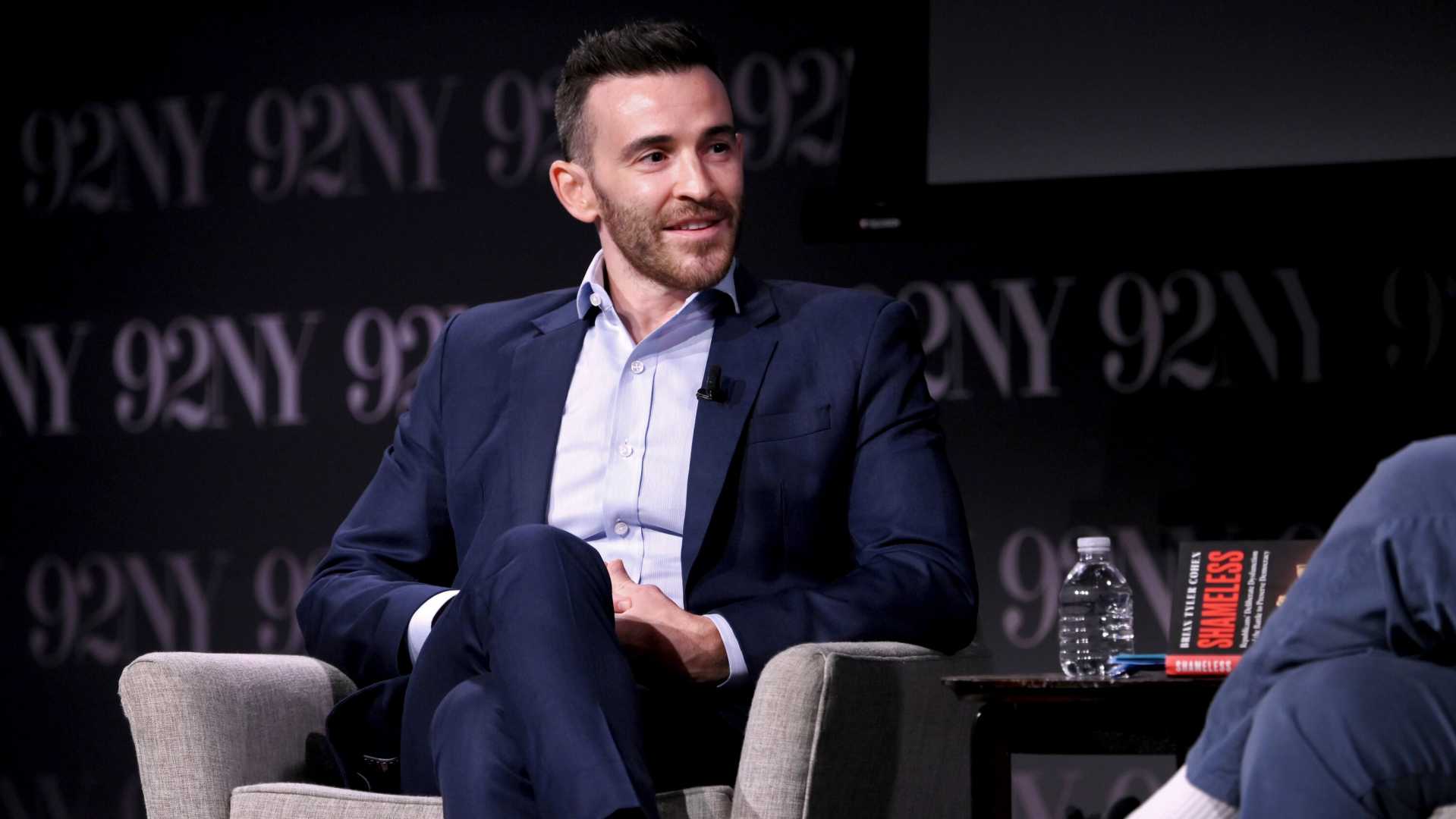Politics
Democrats Fund Influencers to Spread Left-Leaning Messages Secretly

WASHINGTON, D.C. — A secretive group linked to the Democratic Party is reportedly paying online influencers up to $8,000 a month to share left-leaning messaging. The “Chorus Creator Incubator Program” is funded by the Sixteen Thirty Fund, which has been described as the left’s equivalent to the Koch network, distributing money to various Democratic-aligned influencers.
The initiative includes well-known liberal figures such as Olivia Julianna, a Gen Z activist who spoke at the 2024 Democratic National Convention, and Barrett Adair, who runs a popular American Girl Doll-themed meme account. Other participants include Susan Lambert, who calls herself a “Regina George liberal,” and Arielle Fodor, a teacher with 1.4 million TikTok followers.
The Sixteen Thirty Fund has stated that it acts as a “fiscal sponsor” for Chorus, providing operational support without being the direct source of funding. However, contracts reviewed by WIRED reveal that participants were prohibited from publicly discussing the program or revealing their compensation.
According to Chorus, over 90 influencers are expected to join. Influencers worried about restrictions in the contracts; some expressed frustration in a group chat, suggesting they felt compelled to accept the terms. A representative from Chorus defended the opacity of the financing, emphasizing the typical nature of such sponsorship arrangements in philanthropy.
Concerns have been raised by political watchdogs about the lack of transparency in such funding. Elizabeth Dubois, a professor at the University of Ottawa, highlighted the need for clarity regarding who is financing political messages. Don Heider, head of a university ethics center, warned that contracts restricting disclosure could signal ethical issues.
In addition to the top-tier payments, some creators were offered smaller stipends for participation. Following Chorus’s publicity efforts, the influencer group has begun producing content, including a series titled “Good News in Politics,” showcasing Democratic successes.
Despite criticisms, some influencers supported the initiative, emphasizing the importance of financial aid for creators facing persistent unpaid work. Piretra, one of the influencers involved, argued that funding is crucial for sustainability in content creation.
On the other hand, some have denounced the program as “predatory” and called for investment in independent media rather than reliance on intermediaries like Chorus. The Sixteen Thirty Fund, in responding to inquiries, reiterated that Chorus encourages creators to discuss their involvement and that the payments are not tied to supporting specific candidates.












